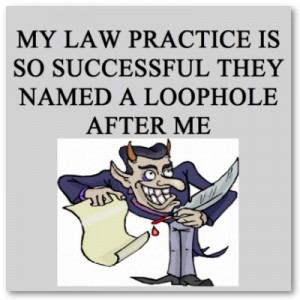Yesterday, Larry Bodine, Esq., Editor in Chief of Lawyers.com, was interviewed by attorney Mitch Jackson on Mitch’s Spreecast video channel. The subject: social media marketing for lawyers.
In addition to his duties at Lawyers.com, Mr. Bodine writes a popular and well-regarded marketing blog for lawyers. I’ve been reading his blog for a long time and was looking forward to the interview. There were some technical issues and during those times when Larry needed to refresh his browser Mitch asked me to chime in and I was only too happy to do so.
It turns out that Larry and I have similar views. For example, when he was asked what advice he would give to a new attorney just starting to market her practice, without hesitation he said he would tell her to start a blog. That’s precisely what I said in my recent post on what I would do to attract clients if I was starting a law practice today. Larry offered some very good reasons why attorneys should have a blog. Let’s put it this way: if I haven’t yet convinced you, you need to watch this interview.
You can watch the replay here.
Mitch has conducted many interviews of well known attorneys, social media experts, and even celebrities. These interviews are done live, with viewers able to participate via chat or web cam. You can see a list of archived interviews, including the one I did about Evernote and my Evernote for Lawyers ebook, on this page. You can also subscribe to Mitch’s Spreecast channel and be notified of upcoming interviews.
Let me know what you think about the interview of Mr. Bodine and that guy who looks a lot like me in the comments.








